Think this is nice? It’s a version of the weekly Under 30 newsletter and would be even better in your inbox.
Sonia Yang, Alexander Isaacson, Maya Kuppermann (left to right).
Tim Tadder for Forbes
Think back twelve months. Could you have imagined all that was to happen in 2024?
The solar eclipse had cities around the country staring at the sky in unison. The Summer Olympics took place in Paris—and the village went viral for its cardboard beds. Brat Summer (inspired by U30 alum Charli XCX) took over TikTok… and politics. Sean “Diddy” Combs was indicted. Donald Trump was shot, he survived, and was reelected president. And the CEO of UnitedHealthcare was shot and killed—igniting controversy and conversation that will no doubt continue into 2025.
Of course in the Forbes 30 Under 30 world, we had some news, too: We launched the 2024 30 Under 30 Europe list. We covered YouTube star Emma Chamberlain’s $20 million coffee company and her return to the video platform. 2018 Education lister Katie Fang landed a massive $80 million investment deal. Podcaster and U30 alum Alex Cooper made the cover of Forbes, accompanied by a story on her now $125 million-worth empire. And Shaboozey took the stage at our annual 30 Under 30 Summit in Cincinnati, Ohio (and sat down with us for a chat about how he’s shaking up the music industry).
All that being said, and with the understanding that it’s impossible to predict what might happen next, this year’s Under 30 honorees (see the full list here) gave us some predictions about what the future might hold.
Alexander Isaacson—cofounder of electric vehicle charging company Xeal and the face of the Under 30 2025 Transportation & Mobility category—has big plans for the next few years: “Unlimited possibility is how I see electric vehicles,” he says. But it’s not just the on-the-road benefits like using less gas and self-driving capabilities.
He says EVs could be the future of energy across all industries. “Electric vehicles [will] not be a strain on the grid or utilities, but they’ll actually be an asset,” Isaacson says. “If you’re plugging in overnight and you already have the full tank, [you’ll be able to] discharge that back to the grid or other vehicles. And you build this kind of distributed marketplace where we’re actually able to do more without adding physical, larger resources, but just optimizing the system entirely.”
Retail & Ecommerce’s Sonia Yang, cofounder of Treet, has similarly ambitious and sustainability-focused plans. Her software startup helps facilitate second-hand and resale offerings for clothing brands and their shoppers. She believes that in the next 10 years, all fashion companies will have a “circularity program.”
“It’ll be the norm for consumers to go to a brand’s website and think, ‘Can I resell my clothes with them?’ And when you shop in person, there will be a resale or a pre-owned section,” she says. “We’re already seeing it in all of the top retailers. So we have no doubt that everyone will follow suit.”
On another hand, Maya Kuppermann is building Temelio, a Social Impact startup that manages millions of grant dollars for foundations—making it a more seamless and faster process from first contact to investment. She says that seeing VC numbers go down over the last few years has led many businesses to seek out grants and other forms of investment, which might actually benefit them: “[VC can have] a lot of negative downstream impacts in the way that it causes startups to try and grow at all costs. That’s not always the best choice for the customer or the team. So in a weird way, I actually think this environment is one of the best ones to be building in,” she says.
That’s why she expects her work in grant-making to become even more critical: “Foundations have the power to do what the government can’t do because they can move so much faster and deploy capital so much faster,” she says. “They’re going to have an enormous impact on how we think about and tackle climate change, homelessness in the country. We’re going to be leaning on them a lot more in the coming years than we have in the past, which is nerve wracking, but it’s also really exciting.”
And we’d be remiss to not mention AI. “What I do is try to keep a pulse on where the most talented people are building and follow that constantly,” says Molly Mielke, our Venture Capital callout and the sole partner at her fund, Moth Fund. “In the last year or two, so many of the most talented people that I know have been building in AI, and so that’s where I spent quite a significant amount of time. I think I’m going to continue doing that no matter where it leads me.”
But as expected, the AI conversation has split reactions across the Under 30 cohort. While creatives like Shaboozey say AI can be a great tool in creative processes (like determining what a song might sound like in your voice), Social Media creator Drew Afualo says it’s something she’s steering clear of.
“I don’t utilize AI or see myself utilizing it for any personal business gain. I think technology development is cool in a lot of ways, but I also think it cannibalizes art. AI can never replace the human experience and human thought and cognitive ability,” she says, adding an Afualo-style joke: “But I don’t want to piss off AI though, they might come get me.”
See you next year!
Alex and Zoya
This Next Generation IVF Startup Facilitated The Birth Of A Baby For The First Time
Dina Radenkovic, cofounder and CEO of Gameto.
courtesy of Gameto
Doctors say IVF technology developed by Gameto, cofounded by Under 30 alumna Dina Radenkovic, has serious potential. Now it’s finally coming to market: This month, the first baby using the IVF process was born in Peru. Read more about Radenkovic and her plans to expand the offerings world-wide, here.
Lister Lowdown:
-4AM Skin, founded by 2025 Retail & Ecommerce listers Jade Beguelin and Sabrina Sadeghian landed a spot in Sephora’s 2025 Accelerate class, the beauty giant announced last week. Participation in the six-month course includes education and support in early-stage financing, supply chain management, digital marketing and more. Many previous graduates have gone on to sell their products on Sephora shelves post-accelerator, though it’s not guaranteed. For 4AM, they say they’re focused on “long-term, sustainable growth” as opposed to immediate and rapid success.
–Atlas Card closed a $27 million Series B investment round last week, led by Michael Gilroy and Gokul Rajaram’s Marathon. The fintech startup offers a charge card and mobile app. Plus, its members can gain access to benefits like hard-to-secure reservations, preferred rates at luxury hotels, and invitations to sold-out and invite-only concerts and sporting events. Atlas Card was founded in 2023 by Patrick Mrozowski, who was named to the Under 30 list in 2022 as the cofounder of debit card company Point (Atlas’s precursor).
-Cofounders and Under 30 Manufacturing & Industry listers Adi Bathla and Rashmi Sinha announced a $20 million investment from Left Lane Capital, Soma Capital and Agalé Ventures last month. The startup helps automotive repair shops identify and address complex car issues with AI-powered software.
On Our Radar
-Speaking of what happened in 2024 and what to expect in 2025, here’s a compilation of the social media moments that made this last year (including a “man in finance” and the “fully-conscious baby”), and what’s expected for the next 365 (including corporation’s increasing involvement in seemingly laymen trends and more livestream content). (Ad Age)
–NBC Studios is going green. The iconic neon sign that lights up the Rockefeller Center entrance could be swapped for LED bulbs instead. People are mad. “Neon, Rinaldi observes, ‘is an architectural material, like terra-cotta. It’s close to the sidewalk, where you see it. And it should be treated that way,’” as reported by Curbed. Plus, there are concerns with the potential mercury vapor and arsenic that come with producing and shining LED lights. But owner Tishman Speyer says, “The neon to LED marquee sign conversion is part of our ongoing efforts to make Rockefeller Center more energy efficient.” (Curbed)
-Take a look inside the battle for 7-Eleven: Junro Ito, the son of Masatoshi Ito, who helped build 7-Eleven into a global giant, is now an executive at Seven & i—the parent company of the convenience store known around the U.S. for its slurpees. In August, Seven & i turned down a $38 billion bid for the slurpee maker. A $47 billion bid came next, followed by a $50 billion proposal from Ito himself. Think he’ll be able to keep it in the family? Or will another price soon be right? (New York Times)
Under 30 On Air
Bobbi Althoff: The Deadpan Podcast Host America Can’t Get Enough Of
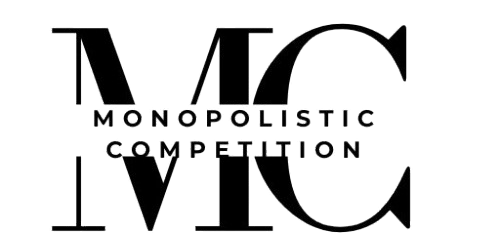
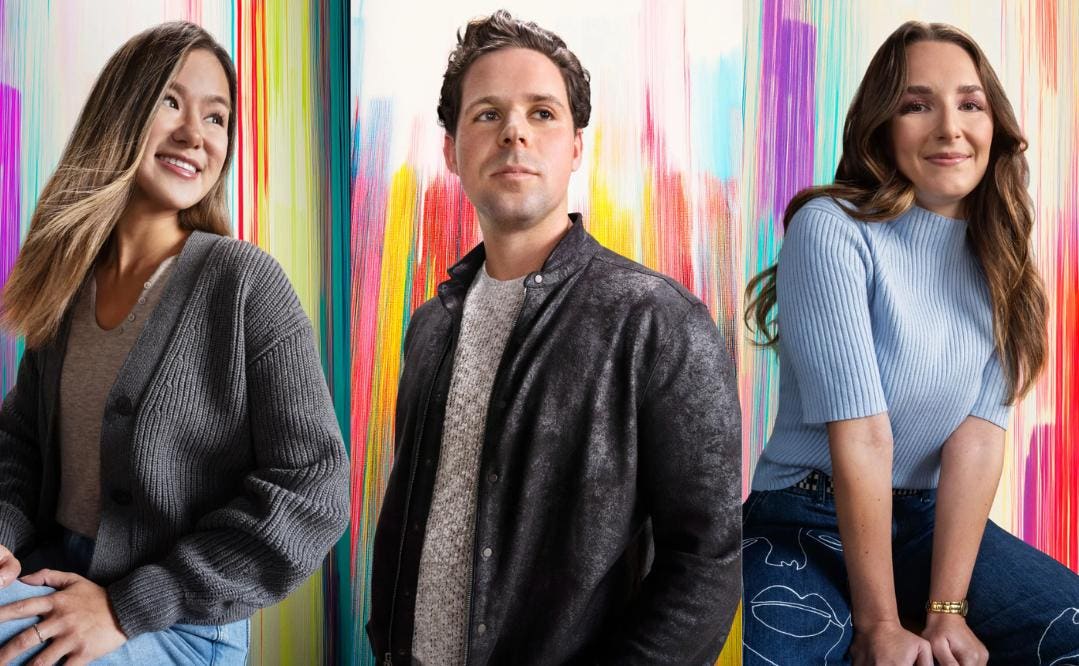


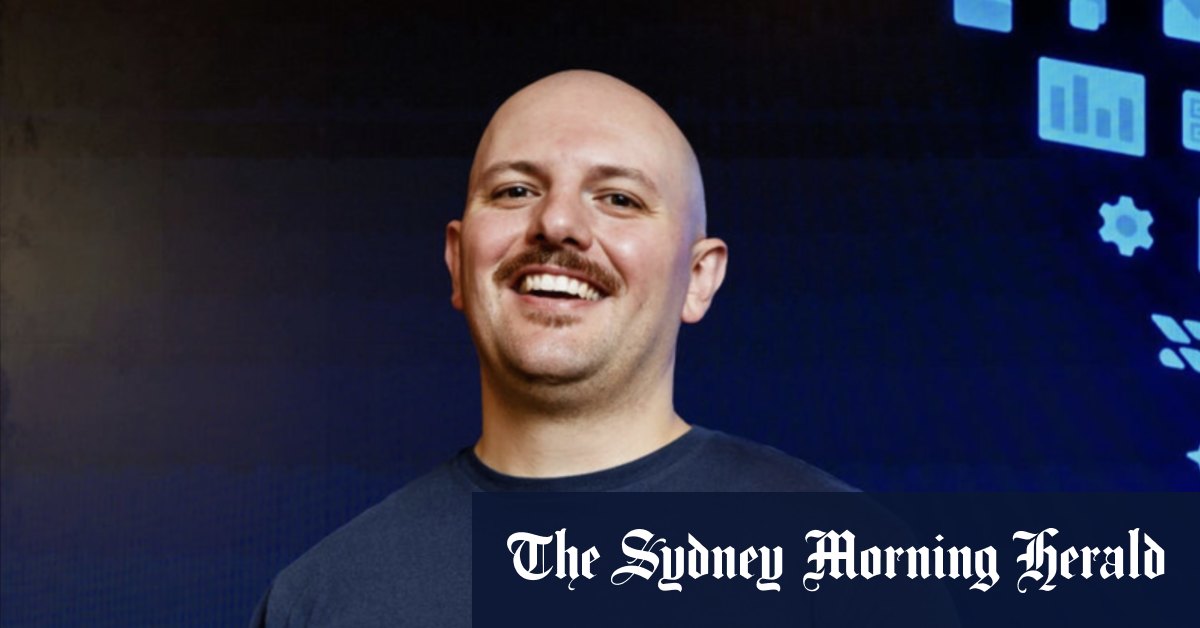
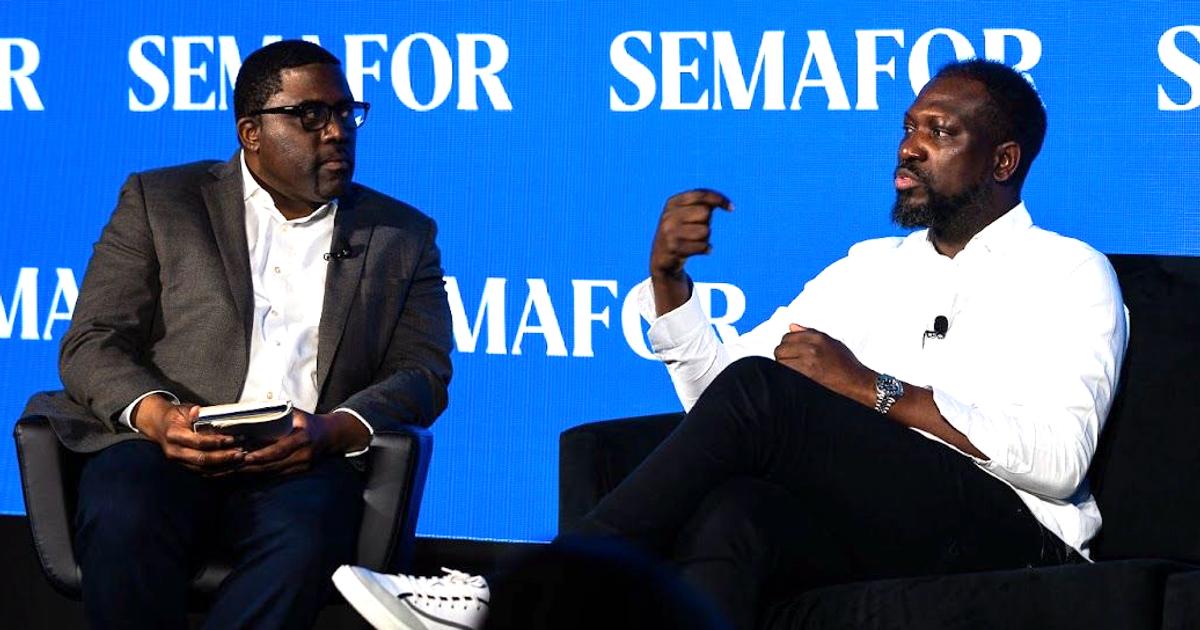
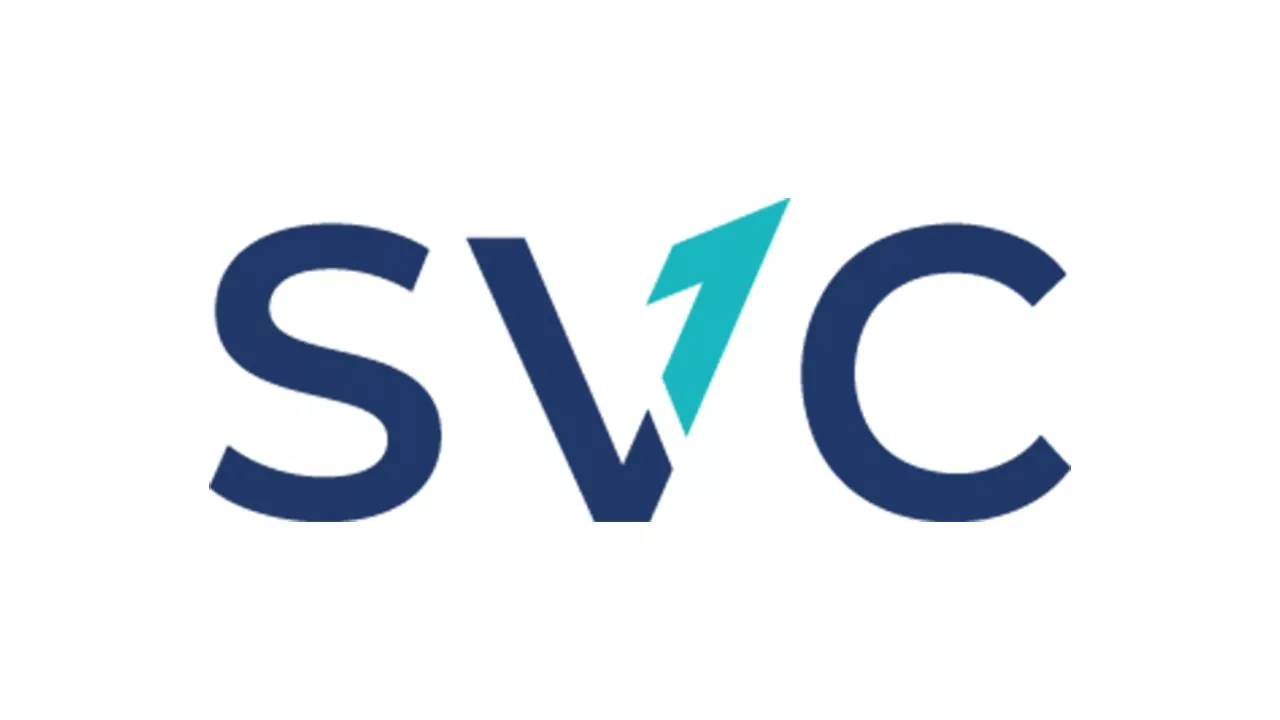

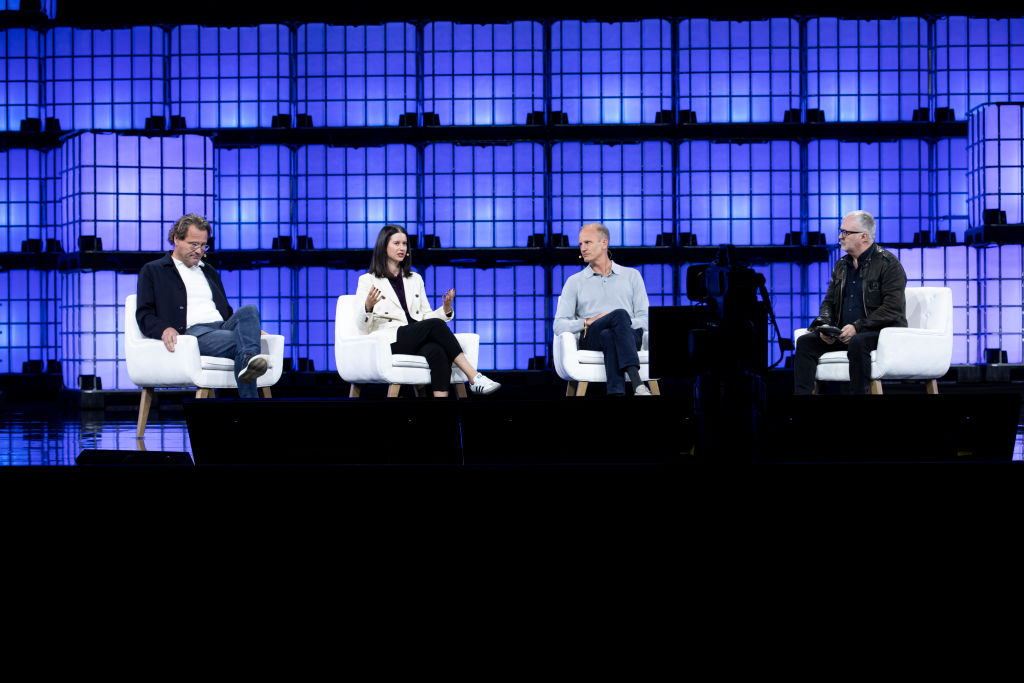



Leave a Reply